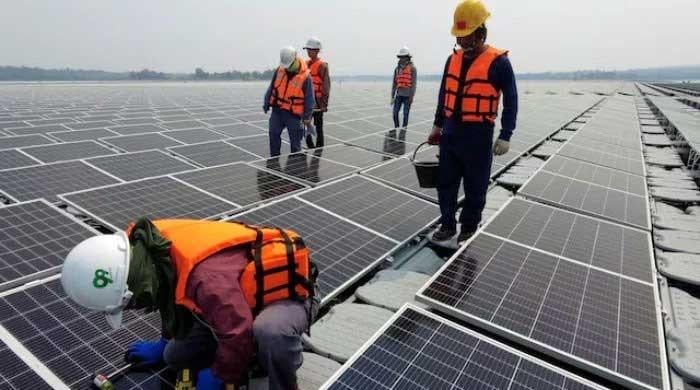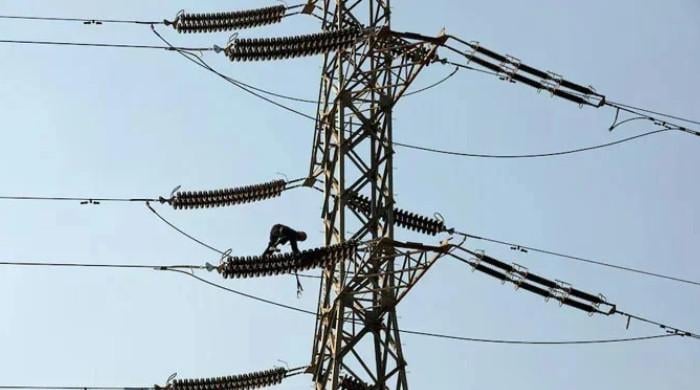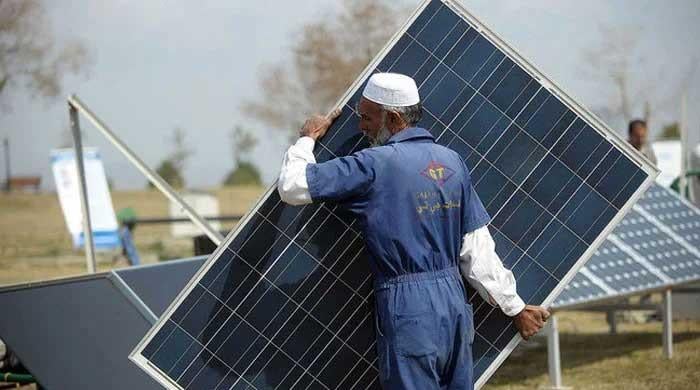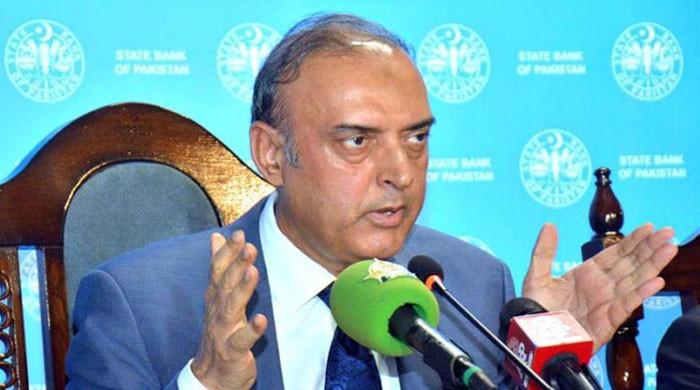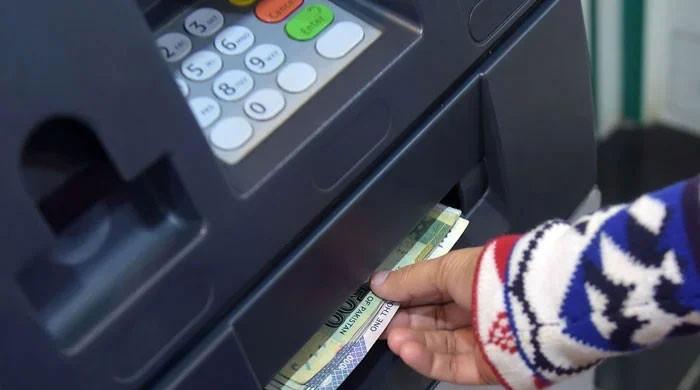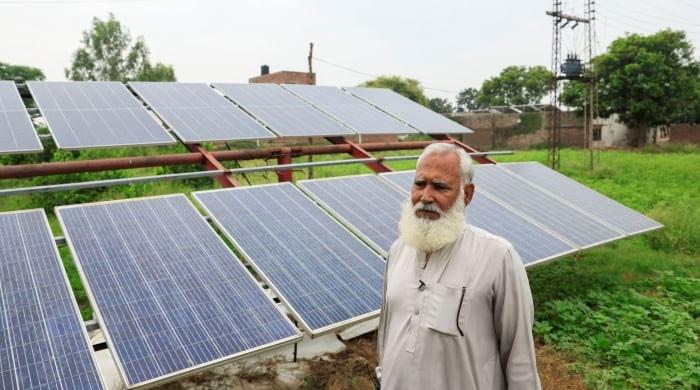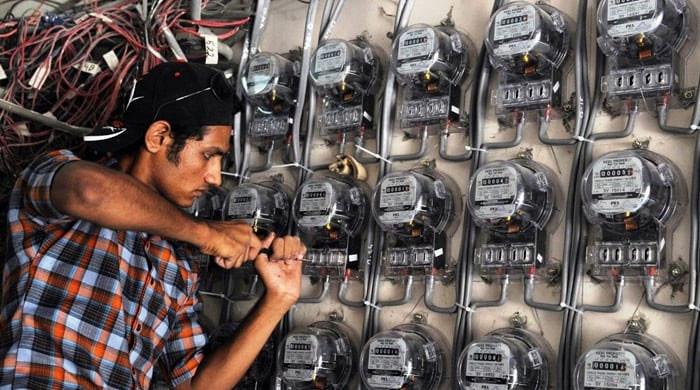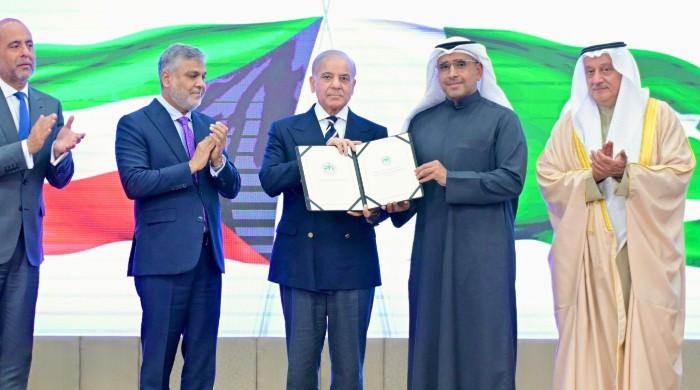Non-filers risk financial shutdown as budget introduces sweeping curbs
Govt seeks to raise advance tax on cash withdrawals for non-filers from 0.6% to 1%
June 10, 2025
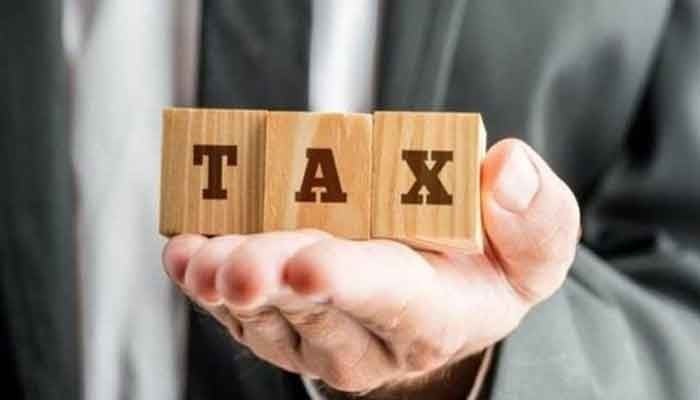
- Govt proposes ban on bank account opening for non-filers.
- Cash withdrawal tax for non-filers to rise from 0.6% to 1%.
- Investment in securities and mutual funds may be restricted.
Non-filers could soon find themselves locked out of Pakistan’s financial system under the proposed Budget 2025–26, as the government plans to bar them from purchasing vehicles, acquiring property, or even opening a bank account.
Finance Minister Muhammad Aurangzeb announced the sweeping curbs during his budget speech in the National Assembly on Tuesday.
He said only those who submit tax returns and wealth statements will be allowed to carry out key financial transactions.
Non-filers may also be banned from investing in securities and mutual funds, a move designed to tighten the net around undocumented income and informal financial activity.
In addition to these restrictions, the government has proposed raising the advance tax on cash withdrawals for non-filers from 0.6% to 1%.
Aurangzeb added that the distinction between filers and non-filers may be removed altogether in the future, signalling a shift toward a system where only tax-compliant individuals have access to formal financial services.
The proposed measures reflect the government’s growing frustration with low tax compliance and aim to widen the tax base by making it harder to remain outside the system.
Meanwhile, salaried workers are set to take home more pay under the new federal budget, as the government has proposed to slash income tax rates for middle- and high-income earners to ease their financial burden.
Aurangzeb, while presenting the budget, said Prime Minister Shehbaz Sharif had made it a priority to support salaried individuals, who have long shouldered a disproportionate share of taxes.
In line with that, the government seeks across-the-board cuts in income tax rates for the salaried class.
The biggest relief targets taxpayers earning up to Rs2.2 million annually, with the minimum rate reduced from 15% to 11% — a 4% fall. Tax rate for individuals making between Rs600,000 and Rs1.2 million a year will drop from 5% to 2.5%.
The finance minister said similar cuts are being proposed for higher income brackets as well. For those earning between Rs2.2 million and Rs3.2 million, the tax rate is expected to ease from 25% to 23%.
Aurangzeb said the aim is not only to provide relief but to keep salaries in line with inflation, making the tax structure simpler and more balanced.




